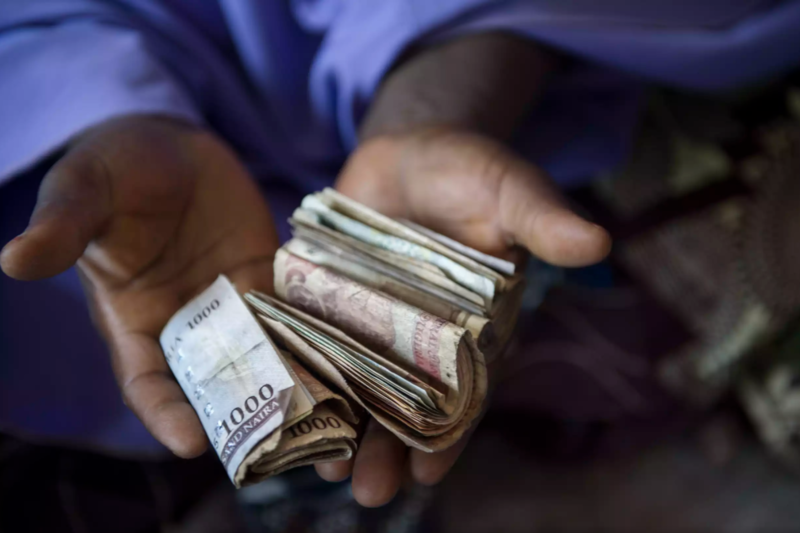Managing Director for Mining Shared Value and department alumnus, Jeff Geipel responds to Peter Leon’s recent editorial for the Financial Times.
4 September 2018
………………
Peter Leon’s editorial “African nations must resist siren song of resource nationalism” (August 29) is a very problematic piece that cherry-picks outlier examples to attack what is a completely reasonable trend for African governments to intervene more in the mining sector to ensure increased benefits for their citizens. While there is no doubt that recent regulations being proposed or adopted in countries like South Africa and Tanzania are not in line with the empirical record of what works for economic development, the laissez-faire model that Mr Leon hopes for has also been a complete failure across the continent in terms of both growth and human development indicators. The DRC’s “investor-friendly” mining code that Mr Leon praises is one that saw the vast majority of the benefits of mining flow out of the country.
It is this kind of commentary that acts to push governments like South Africa to further harden their positions. African governments are far more likely to be swayed by objective analysis when it comes to fiscal and local content policies than by the hardline positions of law firms. Mining investors must accept that a persistent lack of meaningful development associated with mineral extraction in any developing country tends to push governments towards the very policies that Mr Leon opposes. A more balanced approach that does not condescend to governments is a far better strategy with mutual benefit.
Jeff Geipel is an Development Studies Alumnus and Managing Director for Mining Shared Value, Engineers Without Borders Canada, Toronto, ON, Canada.
This article was first published on the Financial Times.
The views expressed in this post are those of the author and in no way reflect those of the International Development LSE blog or the London School of Economics and Political Science.




